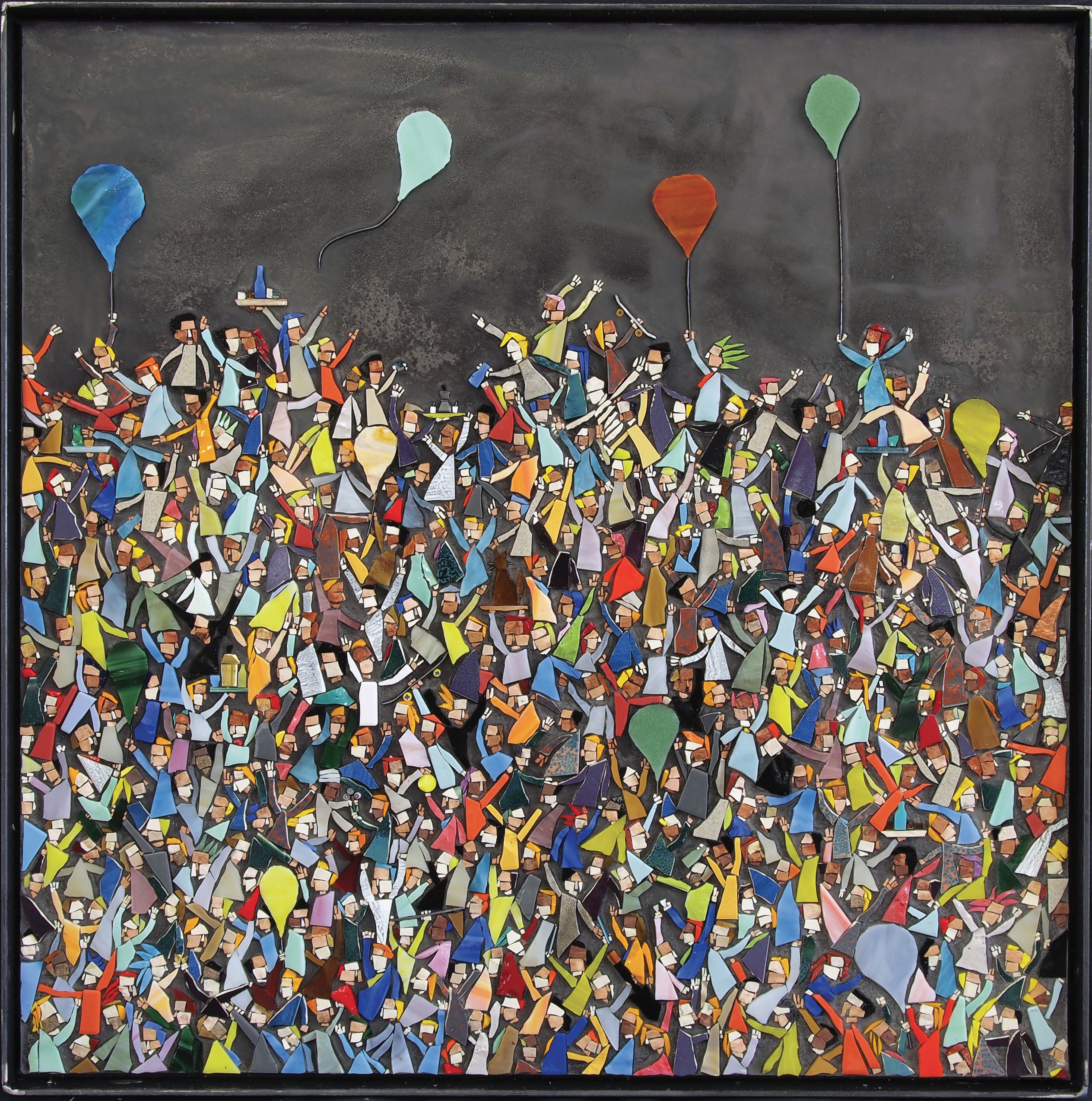Lift Up & Away from Religious Trauma
Fiction (and memoir) reorganizes our internal narratives, and allows us to try on the emotional resources of others. It does this, not by selling us products or threatening us with what we MUST-do-or-be-damned, but by showing other worlds, inviting imagination. As we recover from spiritual abuse and religious trauma, our own imagination takes flight and we feel different.
Books change us while we’re enjoying ourselves. Where abusive religion stifles imagination, limits our possibilities, fiction reverses that shrinkage and lets us expand our possible selves. Stories un-bind the emotional straight-jacket of religious abuse. They subvert power structures and upset the status-quo. They speak to us through emotion and relationship, bypassing the unhelpful logic and rhetoric we’ve been taught. Fiction and memoir lift us, through the universal emotions of life experience.
This is why books get banned.
Books that have changed my life:
Here are just a few of my favorites from the last 15 years, in no particular order. These books air-lift me out of my traumatic religious past by gently allowing my ideas to expand.
- The Poisonwood Bible, Barbara Kingsolver
- The Handmaid’s Tale, Margaret Atwood
- Freedom, Jonathan Franzen
- Crossing to Safety, Wallace Stegner
- Overstory, Richard Powers
- The Tortilla Curtain, T.C. Boyle
- The Lonely Polygamist, Brady Udall
- Middlesex, Jeffrey Eugenides
- East of Eden, John Steinbeck
- Snapper, Brian Kimberling
- The Elegance of the Hedgehog, Muriel Barbery
- The Storied Life of AJ Fikry, Gabrielle Zevin
- The Spiral Staircase, Karen Armstrong
- Escape, Carolyn Jessup
- In the Wilderness, Kim Barnes
- The Pillars of the Earth, Ken Follett
These stories all involve people changing. Some are religious narratives (13, 14, and 15). These books tell the real life stories of people who exit abusive religious traditions and move toward greater spiritual freedom. I relate to these in a big way.
For example, Carolyn Jessup’s memoir describes her true life escape from polygamy in the FLDS. And though I was never in a polygamous sect, the gendered thinking of people in the FLDS and in the mainstream Church of Christ bear a remarkable resemblance. I feel Jessup’s back-and-forth struggle to free her mind . . . that must happen before her body can be transported out of the stifling situation.
I hope you’ll try some of these if you haven’t yet. Read for the sheer pleasure of it. Then write to me about what happens next . . .

Like to Subscribe?
Get notified when Deborah shares new ideas, art, and creative health information for you.
You have Successfully Subscribed!
We respect your privacy. No information will be shared.